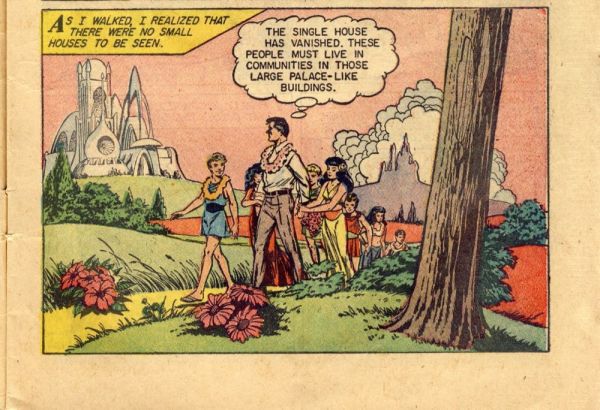I remember seeing the figure a few years back that in the long term we have to maintain 1% growth just to stop unemployment growing.
Because of slow technological advance, in crude terms 1% of the workforce a year becomes unnecessary.
When you think about this, this is what we were told back in the 50’s and 60’s. The machines would do the work and we’d have more leisure. The dream has come true, just not in the way we were led to believe
One problem is the sheer number of vested interests. Take pensioners. They vote and young people don’t, which might explain why we have guaranteed pensions and student loans.
Then we’ve got some seriously big companies who’ve paid money to all political parties over the years. They know that they can pay employees peanuts forever and the tax payer will make it up though tax credits or welfare or whatever. Again across the western world (US and EU) companies like the major retailers have been massively subsidised, indirectly, for years.
They can pay their staff less than the minimum wage because the tax payer will step in. They can pay those who supply food to them less than the cost of producing it because the tax payer steps in and provides a subsidy to enable the suppliers to continue.
So cheap food is more expensive than it needs to be because you not merely have to pay for the food, you have to pay the tax to the government which it will hand over in subsidy, AND you have to pay tax to the government to have expensive and well pensioned bureaucrats run the system.
Try and change the system then you will find that you have to cope with lobbying from major companies plus bureaucratic inertia and behind the scenes lobbying from the civil service explaining quietly to ministers why it won’t work.
But there again, food prices are regressive, the cost falls heavier on the poor, so is subsidising food and screwing the middle class for tax a good thing? Not only that but company profits go to shareholders eventually, and a lot of sensible middle class people have pensions and pension funds are major shareholders. So is the situation being run for the benefit of the prosperous middle class who’re using it to pad out their pensions nicely?
How about we contemplate something revolutionary, how about we scrap all subsidies on food and employment. We sack all the bureaucrats we don’t need any more, and we cut taxes because of all the money we do not have to spend. Then we bring in a basic safety net, not a benefit but a guaranteed job. Whatever happens you know that there’s a job for you at a living wage spending 35hrs a week cleaning hospitals.
Yet there’s a problem.
Let’s look at the reason we subsidise food production in the first place.
If you plant exactly the same area of land with a crop, in two consecutive years, with the perfect level of fertiliser and other things, the yield can vary by 10% just because of the weather.
The problem comes when we look at the market for food. It’s very inelastic. By which I mean that if you produce 5% more than is needed, the price collapses. After all, however cheap food is, do you really want to eat an extra meal?
On the other hand, if you under-produce by 5% the price rockets. Nobody wants to miss eating this week. You don’t need all that big a deficit before you have a serious breakdown in society and people start selling their children.
But in optimum conditions, you can get a 10% variation anyway. This is why it was always said that farmers went bankrupt in years with bumper harvests and made money in years of famine. It’s something we’ve known from before the birth of Christ.
So the EEC with the Common Agricultural Policy came up with a cunning plan. Aim for 5% surplus. This means that even if you get several bad years, you’ll still have enough in stock to get you through and your population is insulated from the natural swing of the seasons.
This worked beautifully; so beautifully that the population has lost all connection with the land, natural productivity, and the sense that our society stands always on the edge of the abyss of famine. We’re rich, if we run short we buy food in and export our famine.
Thus and so, the system was deemed too expensive and has been largely dismantled.
Economics eh? Frankly if an economist says ‘Good Morning,’ I look out of the window to check.
♥♥♥♥
There again, what do I know? You might as well speak to the dog.
As a reviewer commented, “This is a delightful collection of gentle rants and witty reminiscences about life in a quiet corner of South Cumbria. Lots of sheep, cattle and collie dogs, but also wisdom, poetic insight, and humour. It was James Herriot who told us that ‘It Shouldn’t Happen to a Vet’ but Jim Webster beautifully demonstrates that it usually happened to the farmer too, but far less money changed hands.
I, for one, am hoping that this short collection of blogs finds a wide and generous audience – not least because I’m sure there’s more where this came from. And at 99p you can’t go wrong!”





